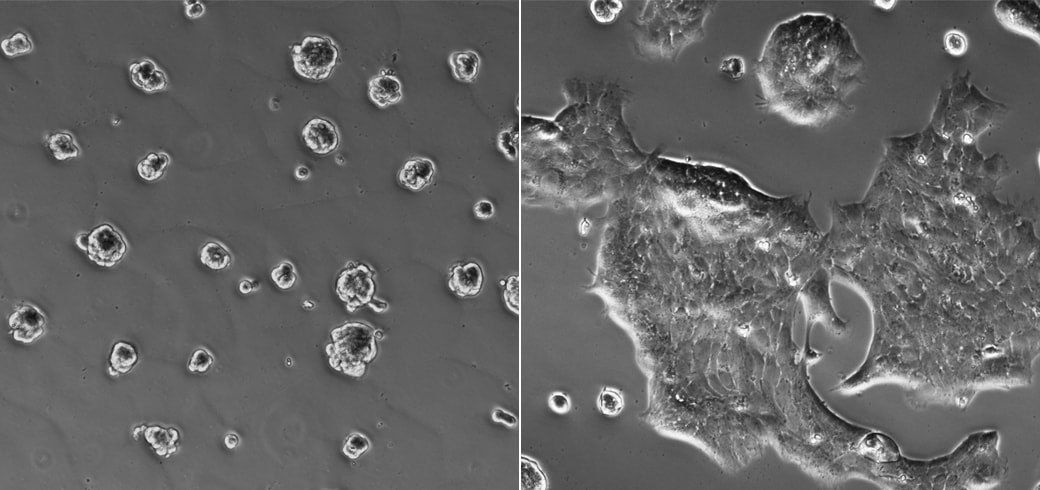Interesting read.
When Hippocrates first described cancer around 400 B.C., he referred to the disease’s telltale tumors as “karkinos” — the Greek word for crab. The “Father of Western Medicine” likely noted that cancer’s creeping projections mirrored certain crustaceans, and the tumors ‘ characteristic hardness resembled a crab’s armored shell.
Later, scientists added another attribute: Tumors are hypoxic. That is, they grow so large and dense that they exclude blood vessels, causing a lack of oxygen in their cores. But what role these characteristics play in the development of cancer has remained a mystery.
Moving possibly one step closer to an answer, scientists from Princeton University and the Mayo Clinic Cancer Center have found that, in breast cancer, tumor hardness and hypoxia trigger a biological switch that causes certain cells to embark on a cancer-promoting program. Reported Aug. 8 in an article in the journal Cancer Research, this biological switch is critical to a tumors’ ability to invade other tissue, a process called metastasis — and could offer a promising treatment target.










Comments are closed.